15, May 2024
Navigating The Continent: A Comprehensive Guide To The Countries Of Africa
Navigating the Continent: A Comprehensive Guide to the Countries of Africa
Related Articles: Navigating the Continent: A Comprehensive Guide to the Countries of Africa
Introduction
In this auspicious occasion, we are delighted to delve into the intriguing topic related to Navigating the Continent: A Comprehensive Guide to the Countries of Africa. Let’s weave interesting information and offer fresh perspectives to the readers.
Table of Content
Navigating the Continent: A Comprehensive Guide to the Countries of Africa
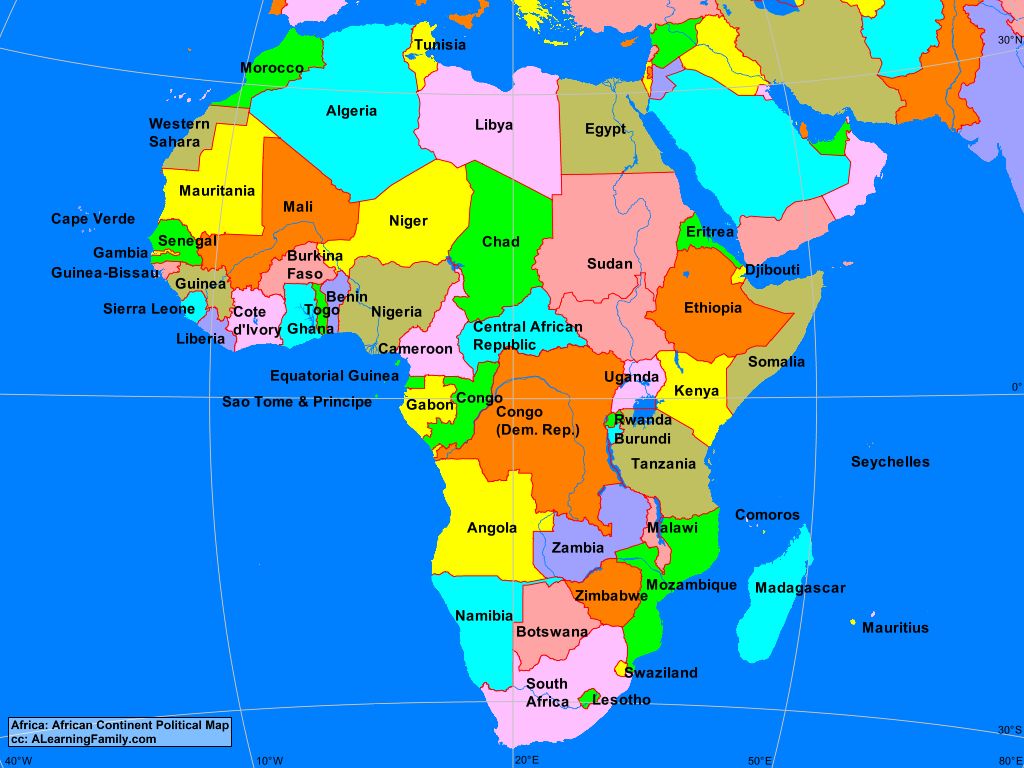
Africa, the second-largest continent, is a tapestry of diverse landscapes, cultures, and histories. Its vast expanse, spanning over 30 million square kilometers, is home to 54 sovereign states, each with its unique identity and contributions to the world. Understanding the geographic distribution and characteristics of these nations is crucial for appreciating the continent’s complexities and potential. This comprehensive guide delves into the diverse tapestry of African nations, providing insights into their geographical locations, historical backgrounds, cultural nuances, and economic landscapes.
The North African Mosaic:
The northernmost region of the continent, bordering the Mediterranean Sea, is characterized by its arid landscapes and historic ties to the Arab world. This region encompasses:
- Egypt: A country steeped in ancient history, Egypt is renowned for its iconic pyramids, the Nile River, and its vibrant culture. Its strategic location at the crossroads of Africa, Asia, and Europe has made it a significant player in regional affairs.
- Libya: A vast, sparsely populated country, Libya is rich in oil reserves and boasts a long coastline on the Mediterranean. Its history is marked by periods of political instability and internal conflict.
- Tunisia: Situated on the northern coast, Tunisia is a relatively stable and prosperous nation known for its beautiful beaches, ancient Roman ruins, and its diverse cultural heritage.
- Algeria: The largest country in Africa, Algeria is a major oil and gas producer. Its vast desert landscapes and rich Berber culture offer a unique experience for travelers.
- Morocco: Located at the northwestern tip of Africa, Morocco is a country of contrasts. Its vibrant cities, stunning mountain ranges, and the Sahara Desert provide a diverse range of attractions.
The West African Tapestry:
West Africa is a region characterized by its diverse ethnic groups, vibrant cultural traditions, and a rich history of trade and empires. Notable countries in this region include:
- Senegal: A country known for its vibrant music, colorful markets, and its historic role in the transatlantic slave trade.
- Gambia: The smallest country in mainland Africa, Gambia is a narrow strip of land along the Gambia River, renowned for its beaches and wildlife.
- Guinea-Bissau: A small coastal nation, Guinea-Bissau is known for its mangrove forests and its cashew nut production.
- Guinea: A country with rich mineral resources, Guinea is located in the Guinean highlands and is home to diverse ethnic groups.
- Sierra Leone: A nation recovering from a brutal civil war, Sierra Leone is rich in natural resources and boasts beautiful beaches and rainforests.
- Liberia: A nation founded by freed American slaves, Liberia is known for its tropical forests and its diverse cultural heritage.
- Côte d’Ivoire: A country with a thriving cocoa industry, Côte d’Ivoire is located on the Atlantic coast and is known for its beaches and its diverse population.
- Ghana: A nation with a rich history of gold mining and slave trade, Ghana is renowned for its vibrant culture, its cocoa production, and its role as a regional economic powerhouse.
- Togo: A small country located on the Gulf of Guinea, Togo is known for its beautiful beaches, its coffee and cocoa production, and its diverse cultural heritage.
- Benin: A country with a rich history of trade and slavery, Benin is known for its vibrant markets, its colorful voodoo traditions, and its diverse cultural heritage.
- Nigeria: The most populous country in Africa, Nigeria is a major oil producer and a regional economic powerhouse. Its diverse population, vibrant culture, and bustling cities offer a unique experience for travelers.
- Cameroon: A country with a diverse landscape, including mountains, rainforests, and beaches, Cameroon is known for its coffee and cocoa production and its diverse cultural heritage.
- Equatorial Guinea: A small country located on the west coast of Central Africa, Equatorial Guinea is rich in oil reserves and boasts beautiful beaches and rainforests.
The Central African Heart:
Central Africa is home to some of the world’s most biodiverse ecosystems, including rainforests, savannas, and mountains. Notable countries in this region include:
- Chad: A landlocked country located in the heart of the Sahel, Chad is known for its vast deserts and its rich cultural heritage.
- Central African Republic: A country with a long history of political instability, the Central African Republic is known for its diverse wildlife and its rainforests.
- Democratic Republic of the Congo: A vast country with rich mineral resources, the Democratic Republic of the Congo is known for its rainforests, its diverse wildlife, and its history of conflict.
- Republic of the Congo: A country located on the Atlantic coast, the Republic of the Congo is known for its oil reserves, its rainforests, and its diverse wildlife.
- Gabon: A country with a diverse landscape, including rainforests, savannas, and mountains, Gabon is known for its rich biodiversity and its oil reserves.
- Angola: A country with a long history of conflict, Angola is rich in oil reserves and diamonds and is undergoing a period of economic growth.
- São Tomé and Príncipe: A small island nation located off the west coast of Africa, São Tomé and Príncipe is known for its beautiful beaches and its coffee and cocoa production.
The East African Tapestry:
East Africa is a region of stunning landscapes, including the Great Rift Valley, Mount Kilimanjaro, and the Serengeti National Park. It is also home to diverse cultures and a vibrant history. Notable countries in this region include:
- Sudan: A vast country located in northeastern Africa, Sudan is known for its diverse landscape, its rich cultural heritage, and its history of conflict.
- South Sudan: A newly independent nation, South Sudan is known for its rich oil reserves and its diverse cultural heritage.
- Ethiopia: A country with a long history and a vibrant culture, Ethiopia is known for its coffee production, its ancient churches, and its diverse landscape.
- Eritrea: A country located on the Horn of Africa, Eritrea is known for its stunning coastline, its diverse cultural heritage, and its history of conflict.
- Djibouti: A small country located on the Horn of Africa, Djibouti is known for its strategic location at the crossroads of trade routes and its diverse cultural heritage.
- Somalia: A country with a long history of conflict, Somalia is known for its beautiful beaches, its diverse cultural heritage, and its rich maritime resources.
- Kenya: A country known for its diverse wildlife, its stunning landscapes, and its vibrant culture, Kenya is a popular tourist destination.
- Tanzania: A country with a rich history and a diverse landscape, Tanzania is known for its wildlife, its beautiful beaches, and its Mount Kilimanjaro.
- Uganda: A country known for its diverse wildlife, its beautiful landscapes, and its vibrant culture, Uganda is home to the source of the Nile River.
- Rwanda: A country known for its stunning landscapes, its diverse cultural heritage, and its history of genocide, Rwanda is undergoing a period of economic growth and political stability.
- Burundi: A small country located in the heart of East Africa, Burundi is known for its diverse cultural heritage and its coffee production.
The Southern African Mosaic:
Southern Africa is a region of diverse landscapes, including the Kalahari Desert, the Drakensberg Mountains, and the Cape Floral Kingdom. It is also home to diverse cultures and a rich history. Notable countries in this region include:
- Zambia: A landlocked country located in southern Africa, Zambia is known for its diverse wildlife, its beautiful landscapes, and its rich copper reserves.
- Malawi: A country located in southeastern Africa, Malawi is known for its beautiful lakes, its diverse wildlife, and its tobacco production.
- Mozambique: A country located on the southeastern coast of Africa, Mozambique is known for its beautiful beaches, its diverse wildlife, and its rich history of trade.
- Zimbabwe: A country located in southern Africa, Zimbabwe is known for its diverse wildlife, its beautiful landscapes, and its rich history of ancient civilizations.
- Botswana: A landlocked country located in southern Africa, Botswana is known for its diverse wildlife, its beautiful landscapes, and its rich diamond reserves.
- Namibia: A country located on the southwestern coast of Africa, Namibia is known for its diverse wildlife, its beautiful landscapes, and its rich history of German colonization.
- South Africa: A country located at the southern tip of Africa, South Africa is known for its diverse wildlife, its beautiful landscapes, and its rich history of apartheid.
- Swaziland: A small country located in southern Africa, Swaziland is known for its diverse wildlife, its beautiful landscapes, and its rich cultural heritage.
- Lesotho: A small country located in southern Africa, Lesotho is known for its stunning mountain scenery, its diverse cultural heritage, and its rich diamond reserves.
Understanding the Importance of African Countries:
Beyond their geographical locations and unique characteristics, African countries hold immense significance on a global scale. They contribute to the world in numerous ways:
- Natural Resources: Africa is a continent rich in natural resources, including oil, diamonds, gold, and minerals. These resources are vital for global industries and economies.
- Cultural Diversity: Africa is home to a vast array of cultures, languages, and traditions. This diversity enriches the world and contributes to global understanding.
- Economic Growth: Many African countries are experiencing rapid economic growth, driven by investments in infrastructure, technology, and human capital. This growth offers opportunities for global partnerships and trade.
- Biodiversity: Africa is home to some of the world’s most biodiverse ecosystems, including rainforests, savannas, and mountains. These ecosystems are crucial for global environmental health and biodiversity conservation.
- Historical Significance: Africa has a rich and complex history, marked by empires, trade, and colonization. Understanding this history is essential for understanding the present and shaping the future.
FAQs about African Countries:
1. What is the largest country in Africa?
Algeria, with a total land area of 2,381,741 square kilometers.
2. What is the smallest country in Africa?
Gambia, with a total land area of 10,000 square kilometers.
3. What is the most populous country in Africa?
Nigeria, with an estimated population of over 200 million.
4. What is the least populated country in Africa?
Seychelles, with an estimated population of around 98,000.
5. What are the main languages spoken in Africa?
Africa is home to a vast array of languages, with over 2,000 different languages spoken across the continent. Some of the most widely spoken languages include Arabic, English, French, Portuguese, and Swahili.
6. What are the major religions practiced in Africa?
The major religions practiced in Africa include Christianity, Islam, traditional African religions, and Hinduism.
7. What are the main economic sectors in Africa?
The main economic sectors in Africa include agriculture, mining, manufacturing, tourism, and services.
8. What are the major challenges facing Africa?
Africa faces many challenges, including poverty, inequality, conflict, disease, and climate change.
Tips for Understanding African Countries:
- Explore Geographic Maps: Utilize detailed maps of Africa to visualize the location and size of each country.
- Engage with Historical Resources: Delve into the history of each country, understanding its unique journey and impact on the continent.
- Embrace Cultural Diversity: Appreciate the vibrant cultures, languages, and traditions that shape each nation.
- Engage with Economic Data: Explore the economic strengths and challenges of each country, understanding their role in the global economy.
- Stay Informed on Current Events: Keep up with current events in Africa, understanding the challenges and opportunities facing the continent.
Conclusion:
The diverse tapestry of African countries is a testament to the continent’s rich history, vibrant cultures, and immense potential. From the ancient pyramids of Egypt to the vast savannas of Tanzania, from the bustling cities of Lagos to the remote villages of the Sahara, Africa offers a unique and captivating experience for those who seek to explore its wonders. Understanding the individual characteristics of each nation is crucial for appreciating the continent’s complexities, its contributions to the world, and its potential for a brighter future.
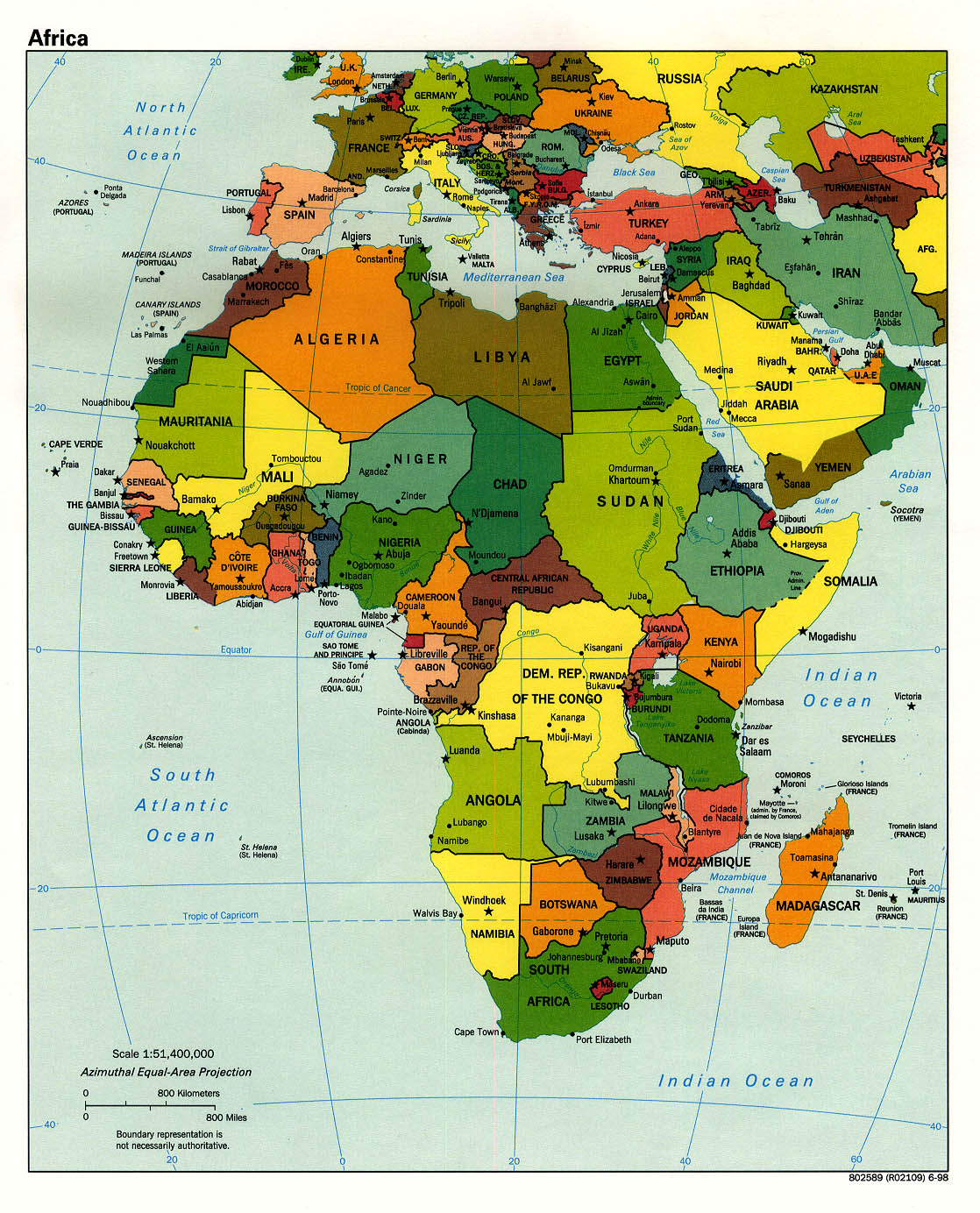
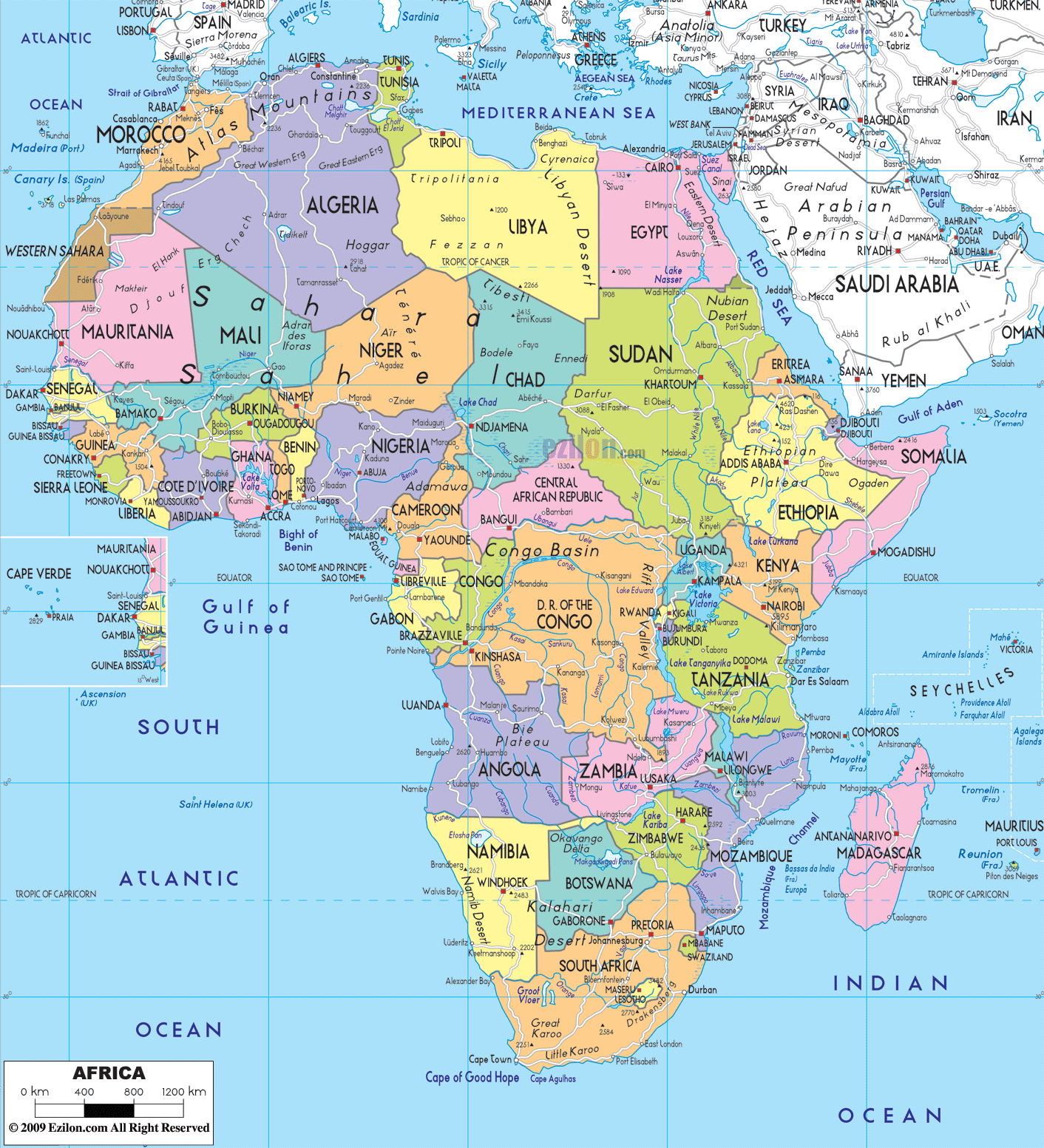

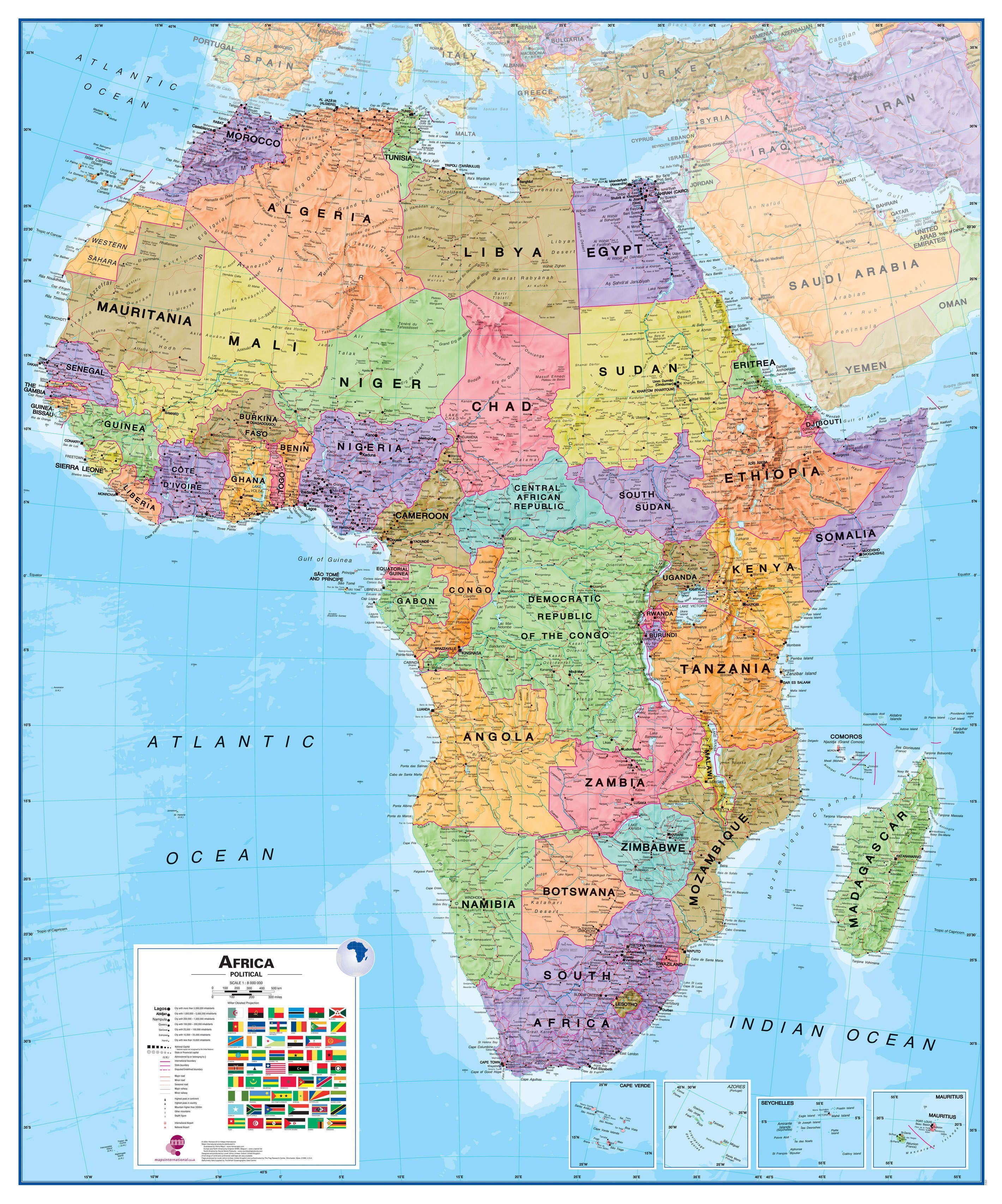
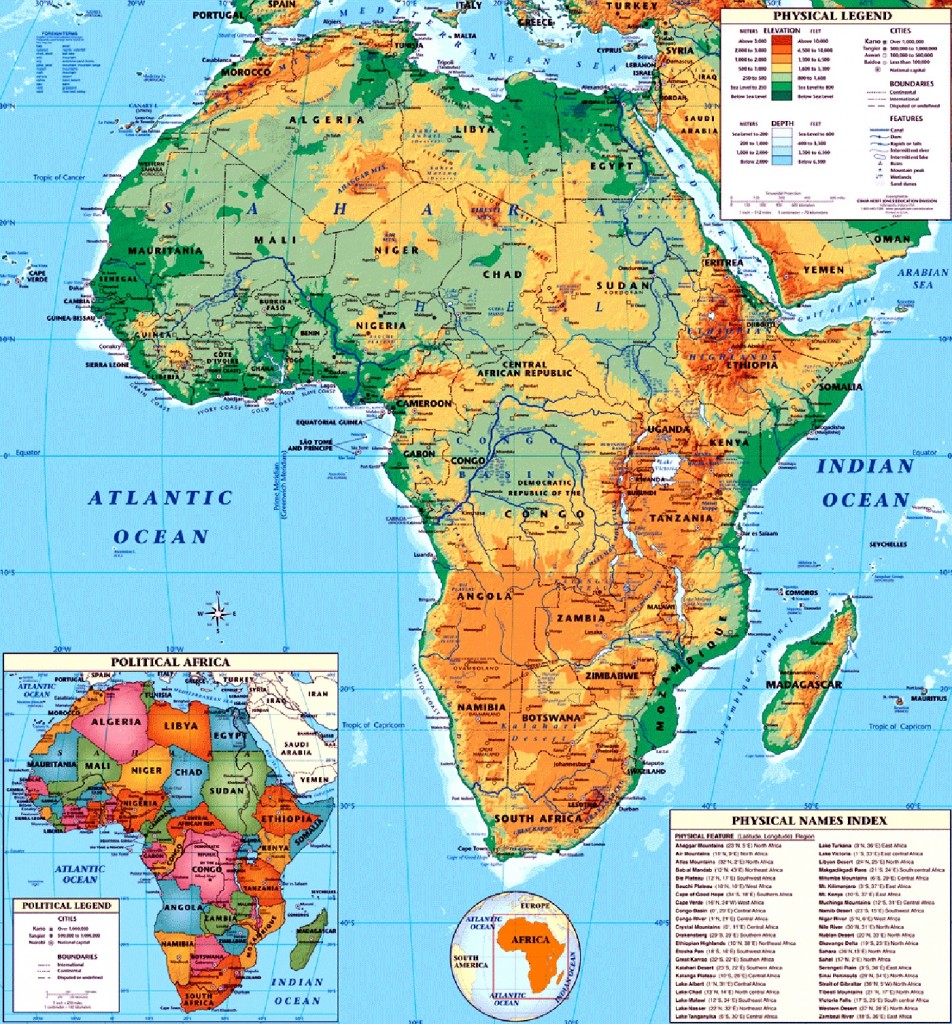
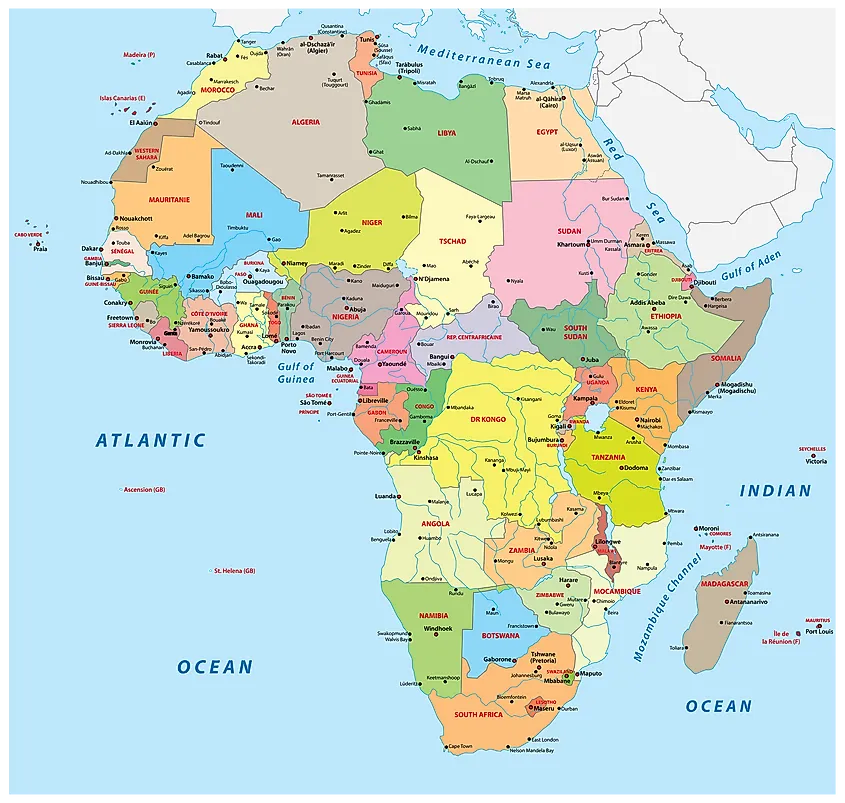


Closure
Thus, we hope this article has provided valuable insights into Navigating the Continent: A Comprehensive Guide to the Countries of Africa. We hope you find this article informative and beneficial. See you in our next article!
- 0
- By admin
